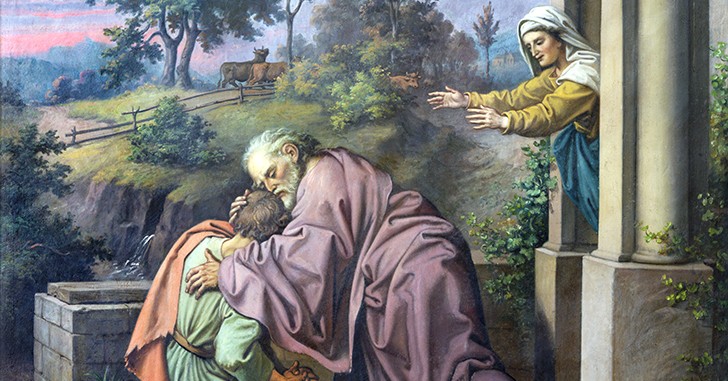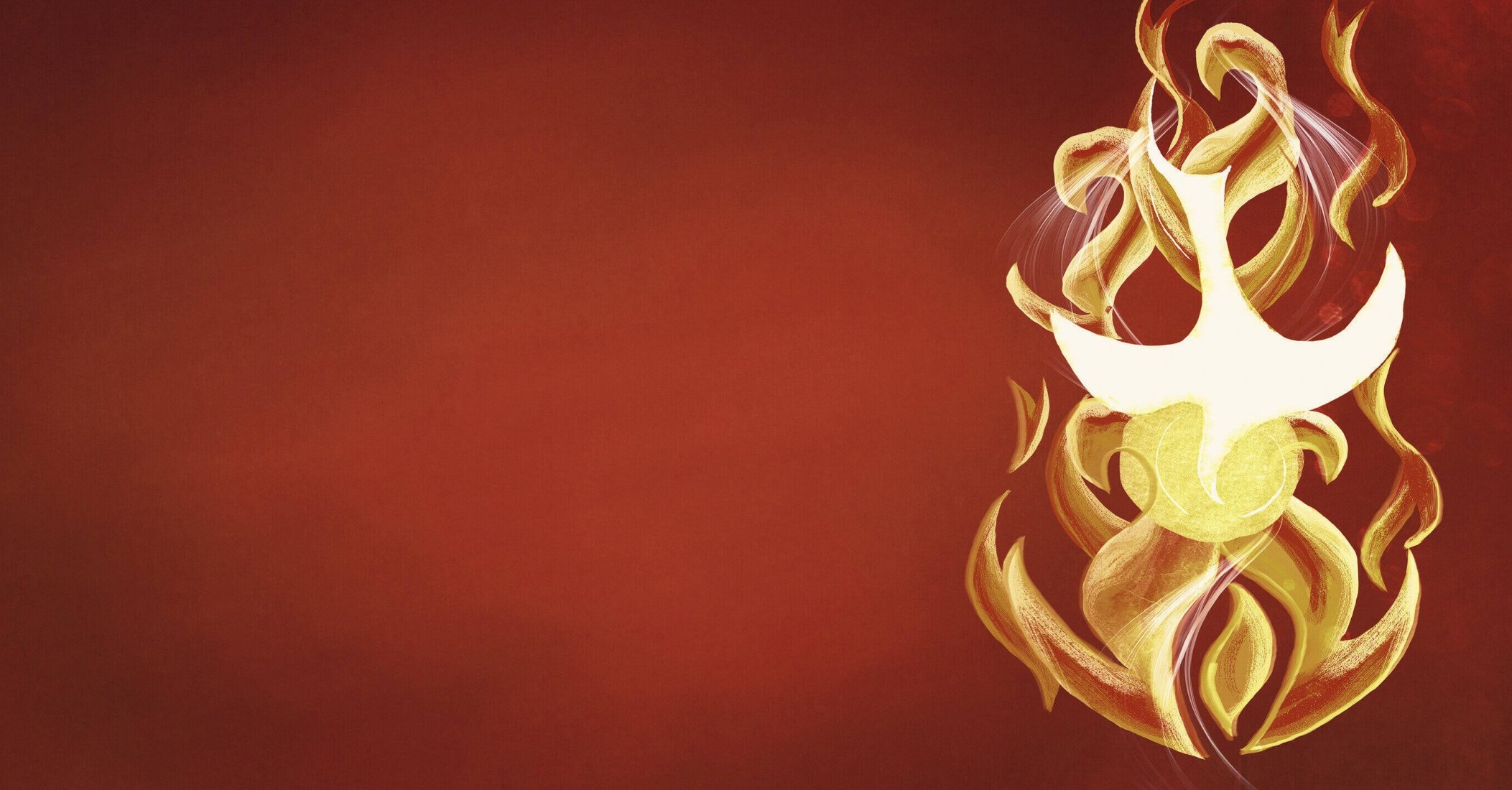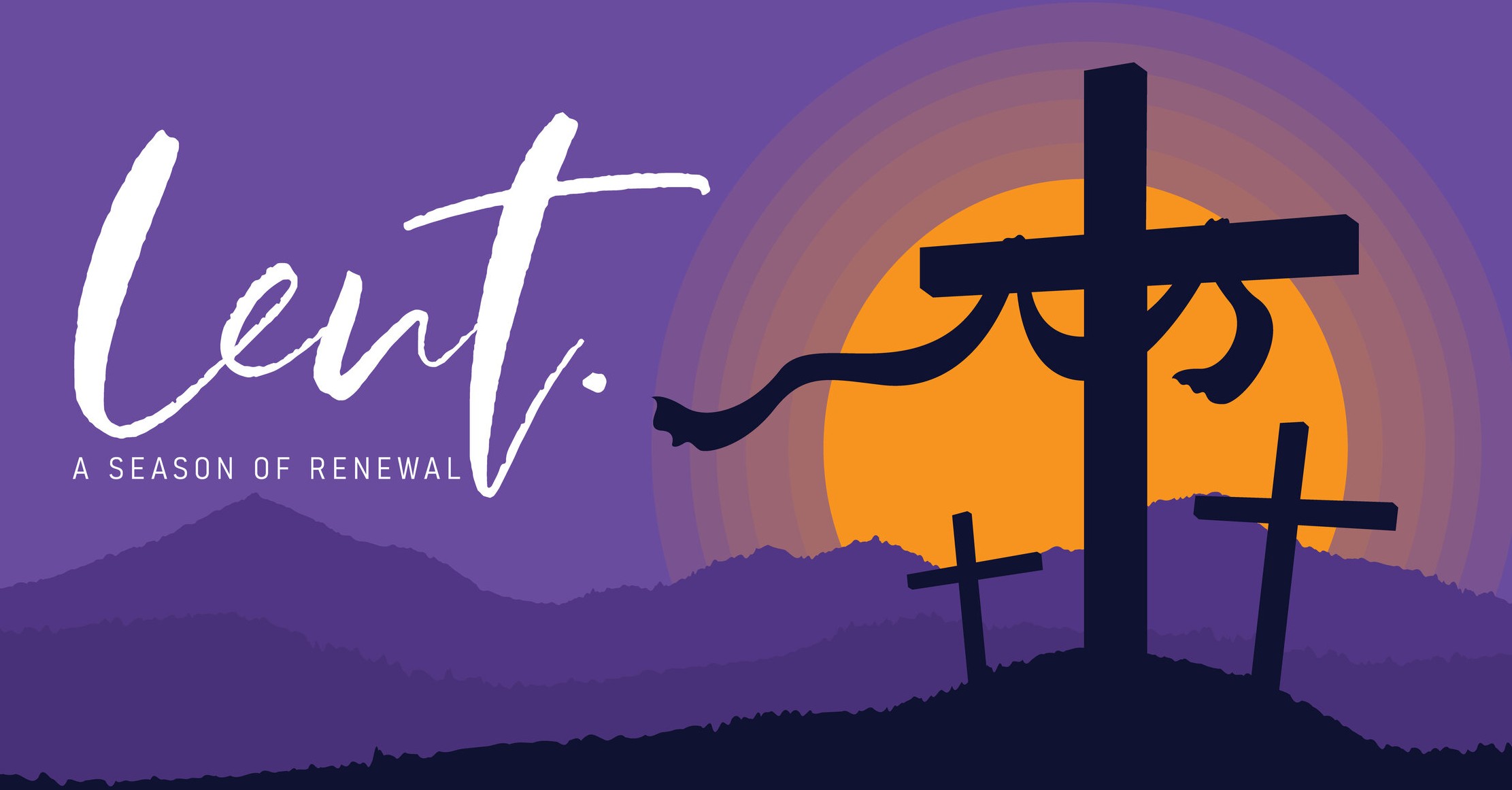Bp. Elmer’s homily on Ash Wednesday, transcibed by Deaon Andrew Gossage
26 February 2020
As we enter the holy season of Lent, I remember that when I was young I thought the point of fasting was to give up meat or something you really like. I’ve come to understand that I need my love to focus on Christ, and because of Him I’m willing to give up everything: that’s really what God is asking us to do.
Not religion but relationship
It’s good to weep for our sinfulness; but there’s a difference between humiliation and humility. God doesn’t punish us for our sins – we punish ourselves, because sin takes us away from His protection. God doesn’t remind us of our sins – He says examine yourself. We condemn each other, but God doesn’t – He’s a God of love. His protection is like an umbrella; we come out from under it when we commit something we desire so much instead of obeying what God loves.

Christianity is not a set of rules or a religious ritual – it’s a relationship. Sometimes you might react foolishly to a disagreement and think about changing your spouse; but because the issue is temporary, and because you love them and are committed to them, you can’t do it. We need to see our relationship with God from a similar perspective.
Changing our direction
Sometimes we drift away from God, and the mass becomes a religious obligation. Matthew 6:1-8, 16-18 talks about external motions when the heart is no longer there – the heart is important to God.
Sometimes we lose focus. In Matthew 14:22-33 Jesus walked on water; when Peter focused on Christ, he also walked on water, but then he focused on something else and began to sink. Lent helps us re-focus on what we need to look at and what we need to do as Christians. It’s easy to drift: if you fall asleep while driving and drift across the centre line, it may cause an accident. Sometimes we pursue what we should not; if we’re not careful, the world becomes our home rather than seeking our home in heaven. If I’m not careful, life becomes more important than God, and I become bigger than Jesus. If I’m not well anchored as a boat, it’s easy to drift into nowhere, away from where God wants me to be. As the Confession says, I have followed too much the desires of my heart, instead of following the desires of God’s heart.
Today we’re reminded of our humanity, and the world is being reminded. It’s a time for self-examination. Lent is a journey in which God calls us back to Himself. He calls us to right priorities and right focus (Joel 2:12-17). It’s a journey from death to life, extending through Holy Week to Resurrection Sunday. It’s a journey to understand in humility the weakness of our humanity. Now is the perfect time to be reminded.
Repentance is realising that my life is not going in the direction God wants – it may be right in my own eyes, but not the direction He desires. True repentance involves a sense of regret, contrition, humility and remorse, and acknowledging my mistakes. It’s not looking at our neighbours, except in love, but at our own frailty and sinfulness. We all come to church because we’re sinners, not because we’re perfect. God calls us back because of His love; we always need to see it from this perspective. Repentance is a change of direction: when you find you’re driving in the wrong direction, you need to make a U-turn and go the right way. From a sinful path, we need to return to God and acknowledge that we’ve been living our way, not His way.
Holiness and humility
A true sense of sinfulness comes not from a measure of how many commandments we’ve kept, but only from God’s holiness. Job wrestled with God and blamed Him because his children and his business had been taken away even though he was righteous. He was angry and upset and said he deserved better, because he didn’t understand. When God revealed Himself to Job, he saw God’s holiness and realised he was not so righteous. It’s easy to become religious and say that because I go to church and do certain things I deserve something. Job was overwhelmed by the holiness of God, acknowledged his sinfulness before Him, and realised that sinfulness and pride had prevented him from receiving God’s blessings. God wants to bless us, but we can hinder the work of the Holy Spirit in our lives through pride and sinfulness.
Repentance should not be seen as humiliation, but as humility, which is the path to glory. Jesus was humbled through the cross, and we need to take that humility to heart. Repentance is essential for refreshing and renewal (Acts 3:19). If you desire refreshing and renewal in your Christian walk, repentance is the first step. It’s the first step for the joy of our salvation to be restored (Psalm 51:12).
God is calling us to pray
When Princess Diana and Mother Teresa died in the same week, I felt that God was speaking to the world. Perhaps He is also speaking through the death of Kobe Bryant, and now the coronavirus. If so, we need to hear what He is saying. We try to control many things, and man is trying to eliminate sickness and suffering; but we need to accept what is happening. It has been suggested that the coronavirus could continue for 18 months; let us remember that in the 14th century a plague killed millions of people in Europe. I believe God is saying that if He allows such things to happen, we need to put our hearts right: to rely on His protection and not think too highly of ourselves.
God is calling us to pray. If we don’t become like little children, we cannot enter His Kingdom. A little child trusts and is humble. Many of us no longer have time to pray, because we’re busy with so many things. This is a time to pray, and to adjust our schedules if necessary. Eventually there may be a cure for the virus, but we need God’s protection, which is more powerful.
Let us understand who we are as humans; without God we’re nothing, but in Him we have new life.









